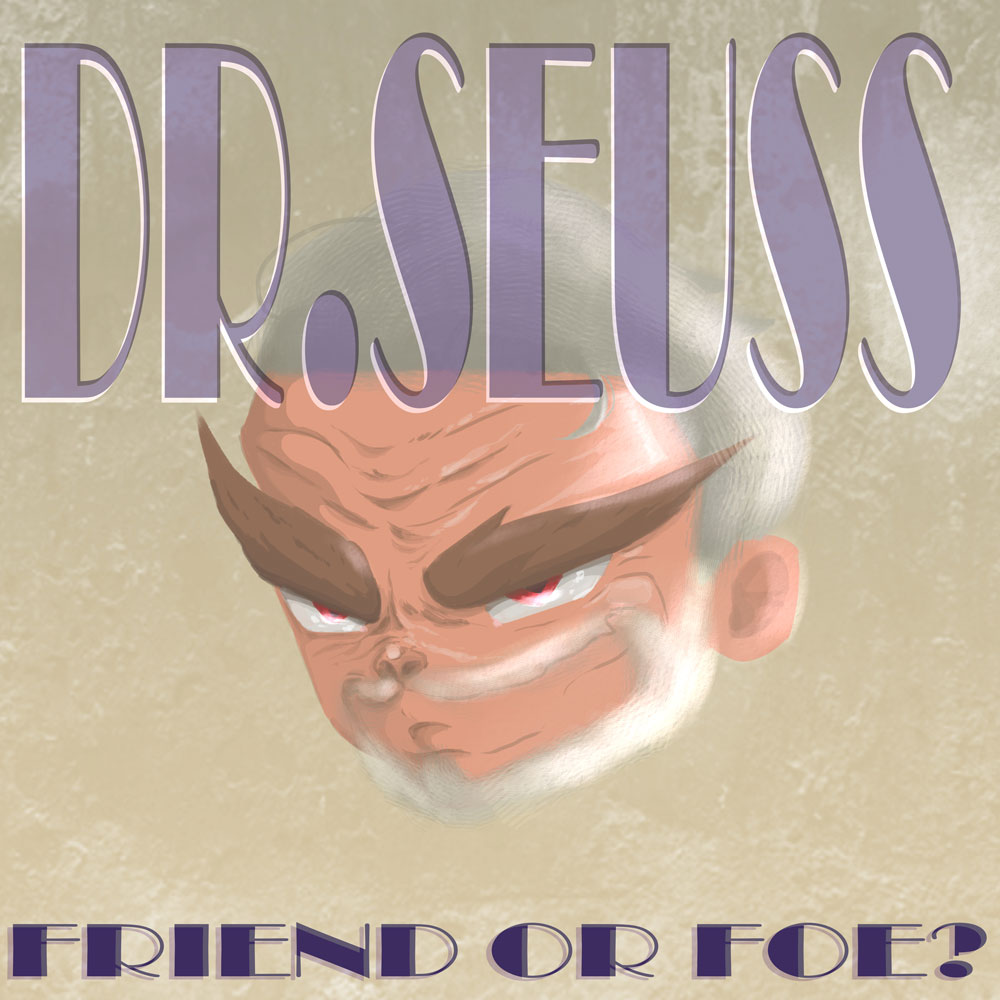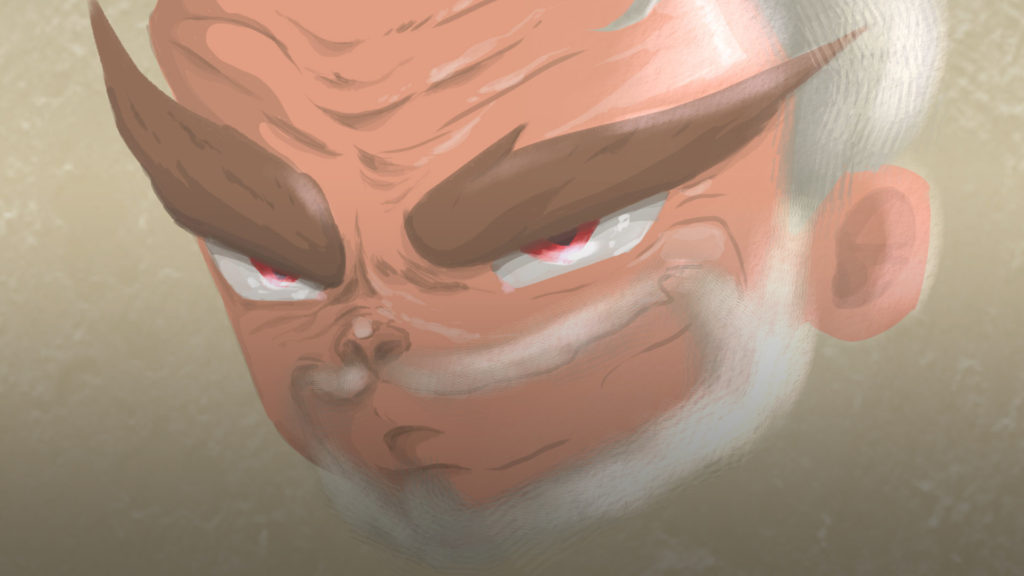Calling Out Dr. Seuss For Insensitive Imagery In His Books
On March 2, Dr. Seuss Enterprises announced that six books from the famous children’s series would no longer be published because they included racist and insensitive imagery.
The books are: And to Think That I Saw It on Mulberry Street, If I Ran the Zoo, McElligot’s Pool, On Beyond Zebra!, Scrambled Eggs Super! and The Cat’s Quizzer.
“These books portray people in ways that are hurtful and wrong,” the statement said.
When I first heard the news, I thought: “how can something so innocent be recognized as offensive?”
I was wrong. The books are littered with insensitive and hurtful material.

For example, an Asian character in And to Think That I Saw it on Mulberry Street—published in 1937—was drawn with slanted lines for eyes and was wearing a pointed hat carrying chopsticks and a bowl of rice.
The imagery In If I Ran the Zoo showcases White Supremacy. Three Asian characters in the book carry white males, toting guns, on their heads to illustrate dominance. Furthermore, the book featured an Arab chieftain riding a camel and African characters resemble monkeys.
Because Dr. Seuss’s books are viewed as an American symbol of childhood, the majority of people have a nostalgic connection to his work and they are surprised to recognize the prejudice.
Dr. Seuss has been publishing books since the early 1900s, with more than 650 million copies sold globally.
Books such as The Cat in The Hat, The Lorax, Green Eggs and Ham, and Oh, The Places You’ll Go! were staples of my childhood. I remember my elementary school dedicating a whole week to Dr. Seuss’s books. We dressed up as the characters and the librarian read us his most famous works.
As a child, I even had a phase where I begged my dad to buy me a Dr. Seuss book every time I saw one.
Some have excused Dr. Seuss’s racism by claiming it was a result of the time period he lived in, implying that he didn’t know better or didn’t realize how racist his books were.
Historian Richard Minear, author of Dr. Seuss Goes to War, told VOA News we should take it as a “teaching moment, rather than cancel culture.”
Philip Nel, a children’s literature scholar and English professor at Kansas State University agrees. He thinks Dr. Seuss should continue to be celebrated as an artist and poet and that it’s a healthy relationship to have with art.
However, many aren’t accepting this explanation.
Karen Ishizuka, chief curator at the Japanese American National Museum in Los Angeles, told NBC News, “the long-standing prevalence of racist Asian imagery within the larger widespread anti-Asian sentiment in the U.S. added to the delayed response to Dr. Seuss’ racism.”
A 2019 survey, found that only about 2% of Dr. Seuss’s characters were people of color.
Removing the books that portray racist imagery off the shelves is the right thing to do. But I don’t believe Dr. Seus should be canceled. The books that I grew up reading are timeless classics that should continue to be celebrated and read by children.
However, it’s crucial that we call out negative examples of racial representation, regardless of fame and rank.
So no, Dr. Seuss is not being canceled. What’s actually happening is that our world is evolving.
You can acknowledge the time period of a piece of work without excusing racism because being racist is never okay no matter the time period.
Thankfully we now also have plenty of diverse and unproblematic children’s books to choose from, instead of reading racist Dr. Seuss books.




